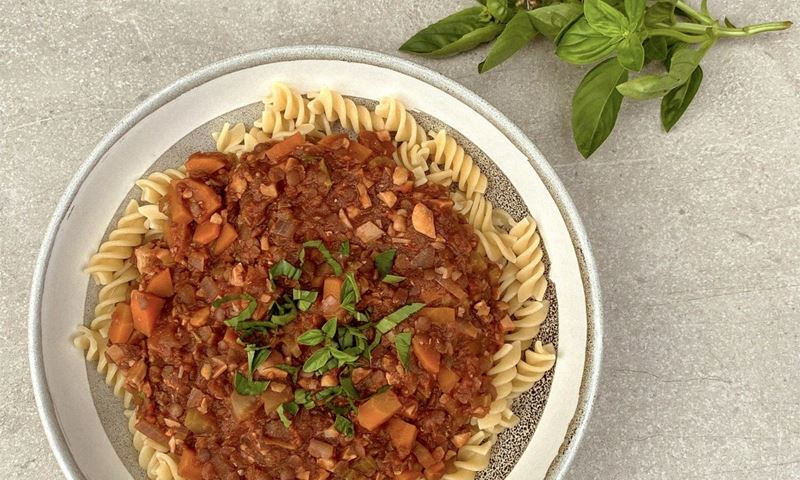Written by Mel Bald, GMHBA’s resident nutritionist
The immune system is our protector against infection. For the body’s ability to fight off diseases and work at its best, we need to fuel it with the right food and nutrients.
There is not one food or nutrient that will magically stop you getting sick, but a combination of the right foods may have a part to play in protecting your body from bacteria, viruses, and other germs.
The power of protein
Without the right amount of protein, the immune system will not function as well, and the risk of catching infectious diseases is increased. Did you know that you can only absorb a certain amount of protein at one time?
For this reason, protein foods should be included at every meal. Some examples of protein foods include:
- chicken, lamb and beef
- salmon and tuna
- tofu and eggs
- cottage cheese and Greek yoghurt
- rolled oats and nuts
- lentils, beans and chickpeas
Get some sunshine
Research has shown that those with vitamin D deficiency are at an increased risk of catching acute respiratory tract infections. We get 90 per cent of our vitamin D from sunlight directly on the skin, and only 10 per cent through dietary sources.
Foods to boost vitamin D include:
- Eggs – the yolk is where you’ll find the vitamin D
- Oily fish – salmon, mackerel, trout, sardines & herring
- Mushrooms exposed to sunlight – you can do this yourself
- Fortified foods – some milks, yoghurt & cheese have vitamin D added. This will be on the label.
Make friends with kiwi fruit
Vitamin C improves the function of your white blood cells which have a major role in fighting infection. It is important to get plenty of vitamin C in your diet daily, as it cannot be stored in the body.
Top vitamin C (mg) foods are:
- Kiwi fruit (1 whole) 130mg
- Red capsicum (1/2) 75mg
- Orange (whole) 70mg
- Broccoli (1/2 cup, cooked) 60mg
- Green leafy vegetables (1/2 cup) 30mg
Why zinc matters
If you have low levels of zinc you are more likely to pick up a viral infection and take longer to get better.
Foods to increase zinc:
- Oysters x 6 medium 19mg zinc
- Beef or lamb 120g steak 6mg zinc
- Wholemeal bread x 2 slices 3mg zinc
- Cashew nuts ¼ cup 2mg zinc
- Lentils, chickpeas or beans 1 cup cooked 2mg
- Pumpkin Seeds 1 tbsp 1.5mg
Feed your gut bugs
Increasing dietary fibre has been shown to improve intestinal health and lead to immune system benefits including protecting against the flu virus. The gut bugs ferment the fibre which then has an anti-inflammatory effect in the body.
Fibre is found in whole plant foods such as fruit, vegetables, legumes, and whole grains, with some of the highest sources being:
- Wholemeal pasta (1 cup) 7.9g
- Lentils, cooked (1/2 cup) 7.8g
- Avocado (1/2) 6.7g
- Pear (medium) 5.5g
- Broccoli, cooked (1 cup) 5.1g
- Rolled oats, uncooked (1/2 cup) 4.5g
- Chia seeds (2 tsp) 4g
- Raspberries (1/2 cup) 4g
A daily plan to eat for your immune system
- Ensure every main meal has a protein source (for example, chicken, beef, lamb, fish, tofu, nuts, eggs, cheese)
- Make sure you are eating at least five serves of veg and two serves of fruit per day to keep your gut health in top shape
- Boost fibre by including fruit, veggies and nuts as snacks – for example, hummus and carrot sticks or veggie muffins
- Bump up the zinc by including a handful of pumpkin seeds or cashews daily
- Get out into the sunshine and eat some vitamin D foods regularly (mushrooms, eggs, oily fish)
- Reduce sugar and alcohol in the diet, as the immune system doesn’t like these
- Make sure you get good sleep, enough water and exercise, as these have all been shown to help with overall immune health.



